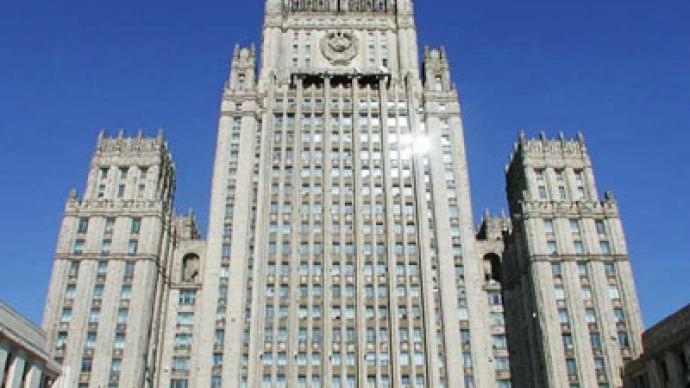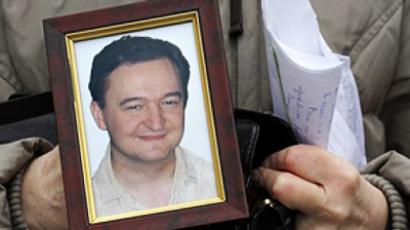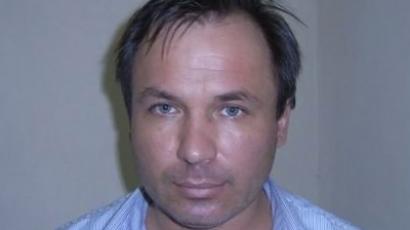Russia retaliates with blacklist on US officials

The Russian Foreign Ministry reports that it has approved the list of US officials who are banned from entering Russia. The list is classified, but media suggests that it includes people connected with the Bout and Yaroshenko cases.
The document is a mirror response to the recent US initiative to introduce visa restrictions on a number of Russian officials. Initially the US Congress considered the possibility of banning several dozen Russian officials from entering the country, announcing it as a punishment for those who had any relationship with the so-called Magnitsky case – the death of a Russian lawyer from the international investment fund Hermitage Capital in a Russian prison, pending trial over a large-scale tax evasion. However, later the State Department prepared and introduced a shorter blacklist which, it claimed, would tone down the tensions between the two countries.Russia blasted the US actions as unfriendly from the very beginning, pointing out that this was an attempt to pressure justice and the politically-motivated sanction was exercised ahead of the court ruling. The US side observed that the blacklist was not essentially a ban, but rather advice to diplomats to pay special attention to certain persons if they seek a US visa.At the same time, Russia did not introduce its own blacklist for several months, attempting to resolve the scandal through diplomatic channels. But eventually the Russian Foreign Ministry had to approve “the list of US citizens whose presence in the Russian Federation is considered unwanted, that consists of high-placed Washington officials complicit in resonant crimes in the humanitarian sphere.”The persons on the list are responsible for unlawful actions against Russian citizens – they sanctioned and sometimes personally took part in abductions and humiliation. At the same time, the list is classified and the names of the mentioned officials are not being officially made public. The Russian side also warned that if the US side takes the road of visa confrontation, the list can still be extended. At the same time, the Foreign Ministry said that it was ready for dialogue and that the political games with black lists should not annul the positive trend in the Russian-US relations. Media suggested that the names in the Russian list are of those US officials who took part in the prosecution of two Russian citizens – businessman Viktor Bout and airline pilot Konstantin Yaroshenko. Both were detained in third-party countries and delivered to the United States against the norms of international law and humanitarian principles. Both are being tried within controversial cases that bear all signs of provocation. Both have pleaded not guilty. A top Russian Human Rights activist has said that the Russian black list will not seriously affect the relations between the two states. The head of the Moscow Helsinki Group, Lyudmila Alekseeva, was quoted as saying by the Interfax news agency that it was not normal that politicians from other countries worked on the Magnitsky case and called upon Russian law enforcers to speed up the investigation.














